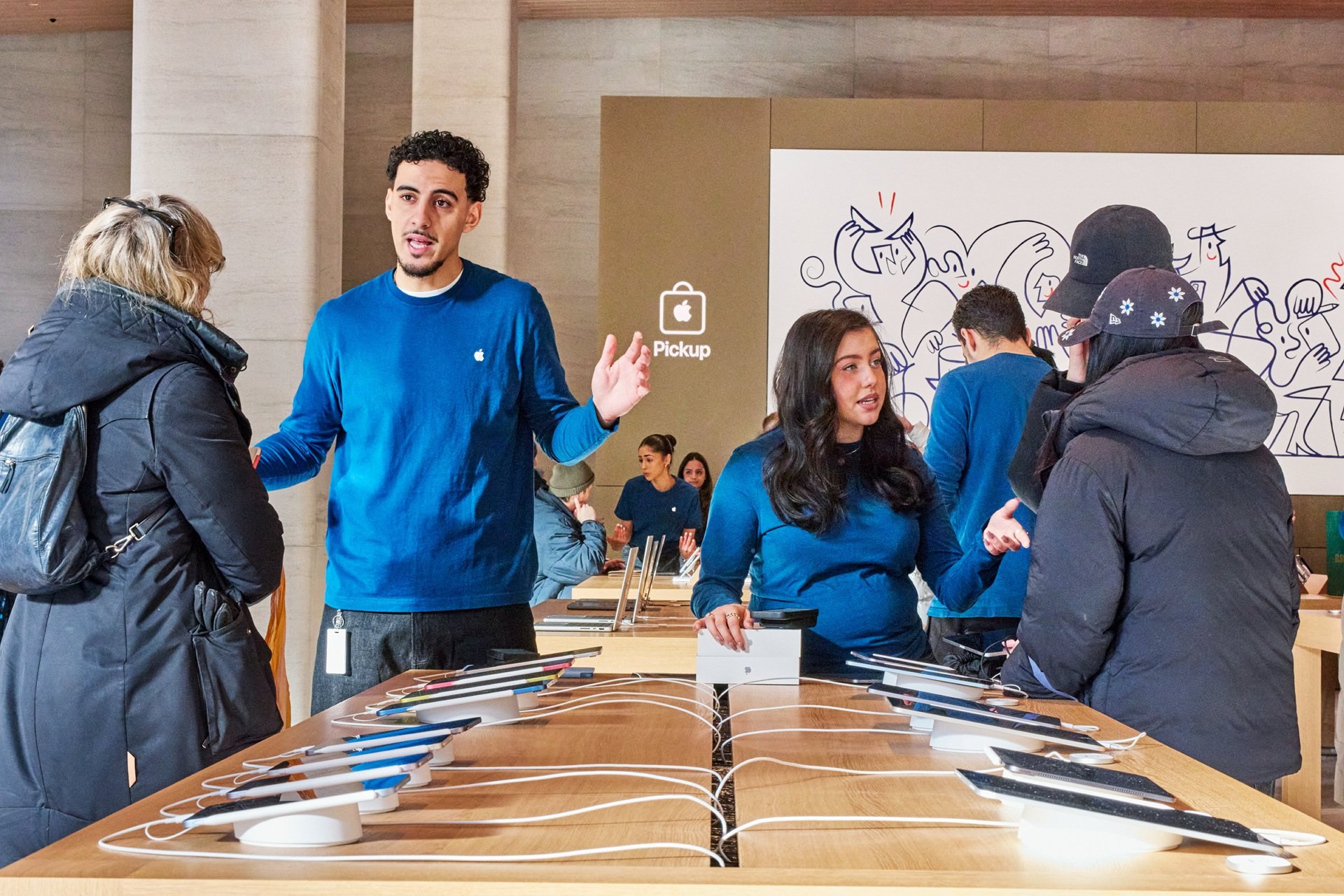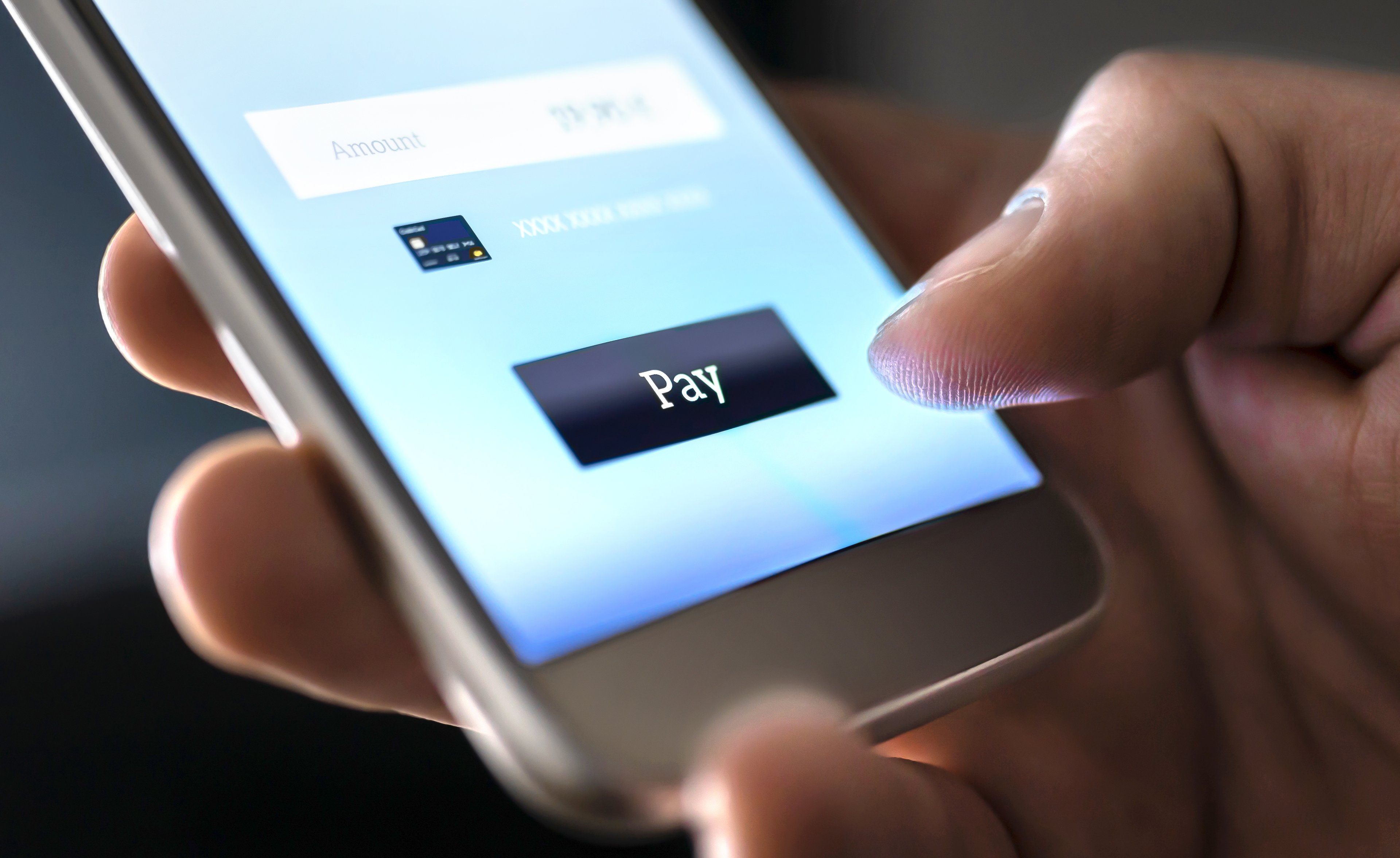Less than a month ago, the U.S. economy was churning along smoothly.
Stocks were at all-time highs, unemployment was near record lows, and consumer and business confidence were high. Now, after the coronavirus pandemic has swept in and forced widespread closure of schools, businesses, and the cancellation of almost all events, the American economy is standing at the edge of a precipice. The CDC has now said that gatherings of 50 people or more should be suspended through mid-May, indicating that the outbreak won't be as brief as some had earlier hoped.
Seventy percent of the U.S. economy is driven by consumer spending, and as restaurants and stores closes, consumer spending will fall sharply. Those effects will flow through the economy to landlords, suppliers, and banks.
It's too soon to know exactly how deep the economic impact of the coronavirus outbreak will be. That will depend on the duration of the epidemic and its severity. For investors looking for clues to the potential impact, recent data from China offers some insights.

Image source: Getty Images.
Coronavirus has hammered China's economy
Initial reports from China, where COVID-19 began shutting down the economy toward the end of January, are awash in red ink. Retail sales in January plunged 20.7% as businesses closed during the normally busy Lunar New Year holiday season. Factory output in the month fell 13.5% as manufacturing began to slow down in response to quarantines and other measure to block the spread of the disease.
Other data shows the economy nearly ground to a halt in February. Auto sales in what's become the world's biggest auto market were down 82% last month from a year ago, while commercial real estate sales fell 40%, according to China's National Bureau of Statistics. Exports, a key component of the economy in the world's manufacturing hub, were down 17% in the first two months of the year.
The outbreak in China has slowed significantly since its peak about a month ago, and life has begun to return to normal. Stores are reopening; factories are getting back up and running, and some schools are reopening. However, China's economy isn't likely to make a full recovery for at least several months, especially as the coronavirus pandemic is now battering the Western world, hurting demand for the products its factories produce.
As one illustration of that shift, Apple (AAPL 0.21%), which manufacturers most of its devices in China, has reopened its stores in China but has now shuttered most of them in Europe and North America. A similar pattern is emerging with Starbucks' (SBUX 0.96%) stores.
What it means for the U.S. economy
The Federal Reserve cut interest rates to zero to Sunday night and promised a $700 billion quantitative easing program, but that only rattled markets further. After all, this challenge is different from the financial crisis. There's only so much the Fed can do as the central bank cannot write a check for a cure, and money isn't going to convince people to spend on things such as restaurants or travel when there's a pandemic spreading.
It's likely the U.S. economy will follow in a similar trajectory to China's. The shock could even be worse as the American economy is more dependent on consumer spending. U.S. restaurants, for example, generated $670 billion in revenue last year and employ more than 15 million Americans. Many of those restaurants are now being limited to takeout and delivery due to the public health emergency, and some high-end restaurants have already closed their doors.
Independent restaurateurs and big chains will be facing potential bankruptcy and will need relief on things such as rent. Their employees, meanwhile, will flood unemployment lines, and the effect of their closing will flow through to suppliers, landlords, and other related businesses. Initial unemployment claims in the coming weeks should offer a good indicator of the degree of the fallout.
That effect will also be felt in other consumer discretionary areas such as travel and entertainment as movie theaters close and airlines cut down on capacity, and the strength of the recovery will likely depend on fiscal policy, stimulus packages, and bailout plans that will be similar to, if not greater than, what followed the financial crisis.
What it means for investors
For investors, this means the near-unprecedented volatility we've seen in recent weeks is likely to continue as the future remains highly uncertain. It's a stressful time for a number of reasons. In addition to the anxiety many investors are feeling as they watch their holdings violently convulse lower, many are likely having coronavirus-related health concerns, and the usual stress relievers such as restaurants, sports, travel, or simply gathering in groups are largely unavailable.
It's a good time to take a deep breath and remember that the economy will eventually bounce back. For long-term investors and net buyers, the bear market is actually a good thing as it makes stocks cheaper. It's a great time to make a watchlist of stocks you're interested in when the price is right, or consider taking a look at some recession-proof stocks such as Warren Buffett's Berkshire Hathaway (BRK.A 0.13%) (BRK.B +0.01%), which has a record of outperforming in times like these. If you'll soon need the money you have invested, the best thing may be to convert it to cash rather than enduring the unprecedented uncertainty ahead.
We may not see a market bottom for months, but as Buffett reminded investors recently, the chances that the U.S. economy will be stronger 10 or 20 years from now are still very high.









